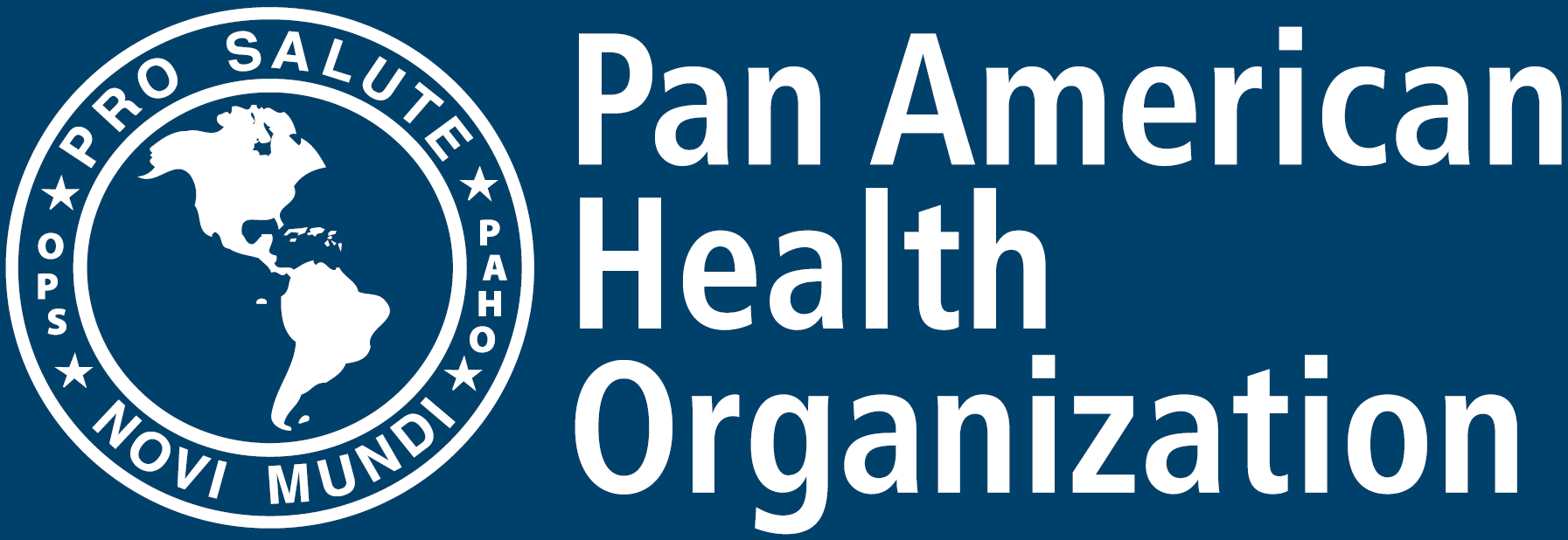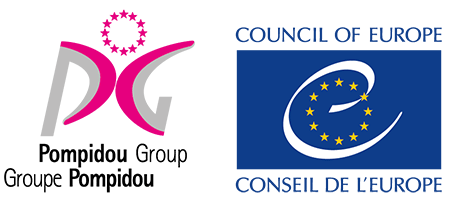Strengthening capacity of the workforce in services for substance use disorders on identification and management of mental health conditions using updated WHO mhGAP Intervention Guide and related materials (such as mhGAP Training Manual, mhGAP Community Toolkit, mhGAP Operations Manual, e-mhGAP Digital Tool)
The mhGAP guidelines support countries to strengthen capacity to deal with the growing burden of mental, neurological and substance use (MNS) conditions and narrow the treatment gap. Since it was introduced in 2008, mhGAP has been used in over 100 countries. Many people around the world have been treated by health professionals for MNS conditions included in mhGAP Intervention Guide, including depression, psychoses, suicidal ideation, epilepsy, dementia, disorders due to use of alcohol and drugs, mental and behavioural disorders in children, and some other conditions including medically unexplained somatic complaints and emotional, physical or behavioural problems after exposure to an extreme stressor. Through its wide scope of focus the Guide provides a strong foundation to address variety of MNS in a holistic way, addressing combinations of conditions and comorbidities. The mhGAP recommendations are regularly updated (the most recent version published in November 2023) and have a range of supporting WHO derivative products, such as operational and training manuals, humanitarian intervention guide, community toolkit.
The mhGAP-IG is a model guide, and it is essential that it is adapted to the unique national or local situation. Users may select a subset of the priority conditions or interventions to adapt and implement, depending on the context.
Resources:
mhGAP Guidelines Third Edition
mhGAP Intervention Guide - Version 2.0
mhGAP-IG 2.0 App (e-mhGAP)
mhGAP Operations Manual
The mhGAP community toolkit
mhGAP Training Manuals
Enhancing mental health pre-service training with the mhGAP Intervention Guide: experiences and lessons learned
mhGAP Training video resources
WHO launched its Mental Health Gap Action Programme (mhGAP) in 2008, and the mhGAP Intervention Guide (mhGAP-IG) in 2010.9,10 The mhGAP-IG provides evidence-based guidance and tools for assessment and integrated management of priority MNS disorders in non-specialized health settings. The mhGAP-IG is for use by non-specialist doctors, nurses and other health workers, as well as health planners and managers. It presents the integrated management of priority MNS conditions using clinical decision-making algorithms. The mhGAP-IG includes information on essential care and practice, a master chart of common presentations of the priority conditions, and specific modules for depression, psychoses (including bipolar disorder), epilepsy, child and adolescent mental and behavioural disorders, dementia, disorders due to substance and alcohol use, self-harm/suicide and other significant mental health complaints. In addition to being used as a clinical care tool, it has to date been used by ministries, non-governmental organizations (NGOs) and academics for scale-up.
The mhGAP-IG contributes towards achieving the targets of WHO’s Comprehensive Mental Health Action Plan 2013–2030, which aims for universal health coverage (UHC) of MNS conditions through the provision of comprehensive, integrated and responsive mental health and social care services in community-based settings.
The first version of the mhGAP-IG (version 1.0), which is available as a book and online, was used in over 100 countries and translated into more than 20 languages. The second version – mhGAP-IG 2.0 – was released in 2016. The mhGAP-IG 2.0 assessment and treatment algorithms are based on the 2015 mhGAP guidelines, which were developed according to WHO’s guideline development process; this includes evidence review, synthesis and development of recommendations through the participation of an international panel of individual experts and institutions, including clinicians, researchers, programme managers, policy-makers and service users. For mhGAP-IG 2.0, WHO has made training manuals available for both the training of trainers and supervisors and the training of health care providers. The materials are competency-based and address knowledge, attitude and skills. These materials can be adapted for use with instructors and students respectively. In addition to the mhGAP-IG being available in book format and available for free download online as a PD, WHO’s mhGAP-IG 2.0 mobile app was launched in 2017. The app, which can be used on a tablet or smartphone, is now available for both iOS and Android free of charge. It provides non-specialized health care providers with access to comprehensive information to help them diagnose and treat a range of MNS disorders, via their tablets or mobile phones.
Several systematic reviews were published on the implementation of the mhGAP-IG in countries. In 2023 the third edition of the guidelines was published and includes 30 updated and 18 new recommendations, alongside 90 pre-existing recommendations. The revised recommendations ensure that mhGAP continues to offer high-quality, timely, transparent, and evidence-based guidance to support non-specialist health workers in low-income and middle-income countries in providing treatment and care to individuals with MNS conditions.
a) situation assessment and planning of capacity building activities on identification and management of mental health conditions in services for substance use disorders; b) situation assessment and planning of capacity building activities on identification and management of substance use disorders for health professionals in settings for treatment of physical and mental health conditions; c) adaptation of the mhGAP intervention guide and training manual(s) to the national context; d) implementation of capacity building/training activities (workshops with variable duration (usually from 3 to 6 days) depending on the number of modules selected); e) integration of the training manual(s) and mhGAP recommendations into the national or subnational education/training and capacity building activities and development of evaluation plans.
Strengthening evidence-base and further adaptation of the WHO mhGAP package and associated training materials to different settings and regions, contributing to WHO’s Comprehensive Mental Health Action Plan 2013–2020 and universal health coverage (UHC)
- national adaptation of the mhGAP Intervention guide and associated training materials;
- trained health professionals and counsellors on identification and management of mental health conditions in services for substance use disorders
- trained health professionals and counsellors on identification and management of substance use disorders in services for physical and mental health conditions;
- roadmaps on scaling up training and implementation activities with evaluation plans;
- increased capacity of health administrators and service managers to support and scale up services for mental health and substance use disorders in health care settings.
Current State Participants
Currently mhGAP is being implemented in countries of WHO Special Initiative for Mental Health: Bangladesh, Jordan, Paraguay, the Philippines, Ukraine, Zimbabwe, Argentina, Ghana and Nepal.
Vladimir Poznyak (poznyakv [at] who [dot] int (poznyakv[at]who[dot]int)) Dzmitry Krupchanka (krupchankad [at] who [dot] int (krupchankad[at]who[dot]int))




